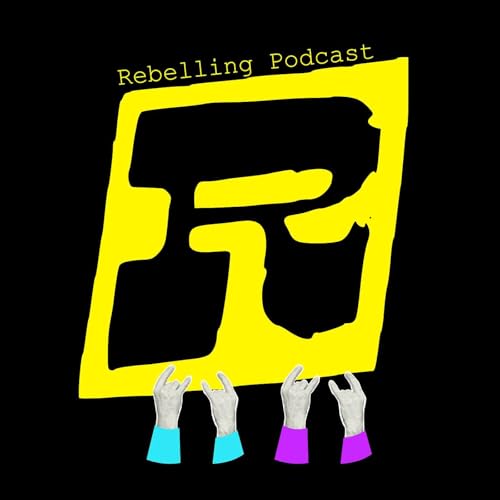What if addiction isn’t a disease, but a way we’ve learned to cope? What if sobriety isn’t just about abstinence, but about sensing ourselves, how things make sense, and what makes sense? What if recovery isn’t a rigid path—but a way to reconnect with something alive, relational, and yours to shape?
In this episode, I share the story of my own unconventional sobriety outside of AA and traditional recovery models. I talk about why those spaces didn’t work for me, what did, and how receiving late diagnoses of ADHD and autism gave me the language to understand what I’d really been doing all those years: self medicating. I wasn't addicted- I was adapting.
This is the beginning of an ongoing conversation about neuroqueering addiction, sobriety, and recovery. To make more room for complexity, difference, and care. To give us more options by shifting from the pathology paradigm to a diversity one.
If the traditional path has never quite fit you either, I hope this episode helps you feel more seen and less alone.
I have an upcoming live class on August 24 where we’ll explore these ideas in community. Find out more/sign up
📬 Reach me anytime at amy@rebelling.me
Ghost Walk- post I read from in this episode
SOBERBIA on Blogger and SOBERBIA on Substack
🖤 Thanks to Nick Walker for his work and the concept of neuroqueering, as well as the pathology and neurodiversity paradigm.
NEUROQUEER: AN INTRODUCTION
THROW AWAY THE MASTER’S TOOLS: LIBERATING OURSELVES FROM THE PATHOLOGY PARADIGM
 2025/09/151 時間 10 分
2025/09/151 時間 10 分 2025/09/011 時間 4 分
2025/09/011 時間 4 分 1 時間 36 分
1 時間 36 分 2025/08/0424 分
2025/08/0424 分 32 分
32 分 2025/06/3029 分
2025/06/3029 分 2025/06/1629 分
2025/06/1629 分 2025/06/0221 分
2025/06/0221 分

